Importance Of Land Reclamation In Nigeria
What is the importance of land reclamation in Nigeria?
With so many people living in Nigeria, the reclamation of land is a crucial step in owning or using property for any reason. The process of reclaiming damaged and abandoned land and restoring its usability is referred to as “land reclamation.”
It is a method for turning an unusable space into one that is fit for dwelling, society, trade, and industry. The mining industry and Nigeria’s subpar drainage infrastructure are the main causes of the rise in unproductive land there at the moment. Land reclamation is now necessary because the amount of unproductive land has limited the growth of agricultural and trading sectors.
In Nigeria, the necessity for land reclamation cannot be stressed. Land reclamation is desperately needed for several reasons, including nature preservation, expanding land area, enhancing environmental quality, providing homes for wildlife, and converting wastelands into productive land.
Table of Contents
Methods of Land Reclamation in Nigeria
There are several methods for carrying out land reclamation in Nigeria. These methods include:
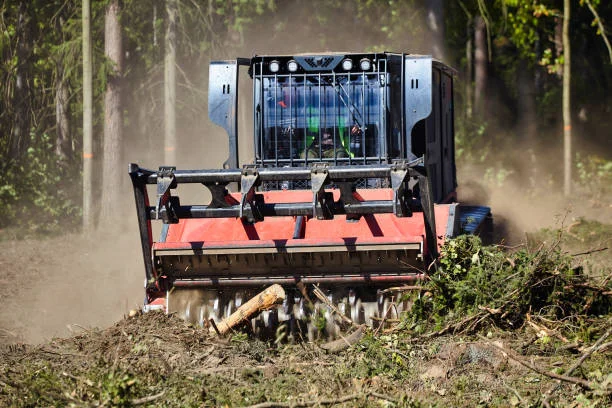
Sand Spreading
A technique for reclaiming land known as “sand spreading” entails spreading massive amounts of sand over predetermined locations in order to raise their elevation or fill in low-lying or eroded areas.
Heavy gear is used in this procedure to spread the sand evenly across the targeted area, laying the groundwork for future construction. Sand is added to the soil, which raises it and makes it ideal for a variety of human activities as well as preventing coastal floods.
Hydraulic Filling
Hydraulic filling is a technique for reclaiming land that entails carefully placing sediment or soil while using water as a transportation medium. This procedure involves mixing excavated sediments or dredged materials with water to generate a slurry, which is subsequently transported to the reclamation site via pipelines.
As the silt builds up and compacts over time, new land is created. This technique is frequently employed in coastal regions and river deltas to reclaim land for a variety of uses, including urban expansion, port operations, or agricultural endeavors.
Dry Method
When using the dry method to reclaim land, fill materials are placed directly on the desired area without the use of water for transportation. The dry approach allows for more precise material placement and efficient land reclamation, especially for projects like building runways, roadways, or airports.
Using trucks or conveyor belts, suitable materials like sand, dirt, or rock are delivered to the reclamation site in this approach. To build a solid foundation, the fill materials are spread out and gradually compacted. This approach is frequently used in regions with scarce water resources or where the terrain permits easy access to the site of reclamation.
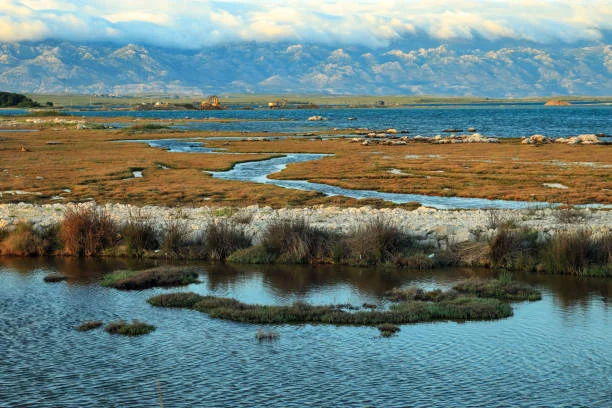
Importance of Land Reclamation in Nigeria
Why is land reclamation important in Nigeria?
Conservation of Nature
The chance to restore and conserve natural habitats, save biodiversity, and lessen the damaging effects of human activity on the environment is provided by land reclamation projects.
Nigeria can preserve the ecological balance and protect the wide variety of plant and animal species that depend on these ecosystems by putting sustainable practices into place during land reclamation. Land reclamation that preserves nature does so in a way that helps both the natural world and people in the long run by guaranteeing the environment’s overall resilience.
Food Production Through Agriculture
By creating more arable ground for farming, land reclamation significantly contributes to increasing food production. Land reclamation initiatives give farmers the ability to boost crop yields and meet the rising demand for food by enlarging cultivable areas.
Reclaimed land can be turned into productive fields ideal for farming. Many different crops can be grown in these places. Land reclamation helps Nigeria’s agricultural industry grow sustainably by generating new agricultural land, reducing reliance on imports, and promoting food security.
Tourist Attractions
By opening up new possibilities for the construction of coastal resorts, recreational areas, and other tourist attractions, land reclamation in Nigeria can have a beneficial effect on the industry. Land reclamation in Nigeria has the ability to increase the amount of land that may be used for tourism development, draw both local and foreign tourists, stimulate the economy, create jobs, and advance the tourism sector overall in the nation.
Other importance of land reclamation in Nigeria are:
- Expanded land availability
- Reclaimed land is frequently used for wildlife purposes in many different parts of the nation.
- Ruminant animals can feed on recovered land.
- Agricultural pursuits like marsh farming can be carried out on recovered land.
- Water that remains after land reclamation is often pure enough to be used for domestic or industrial purposes.
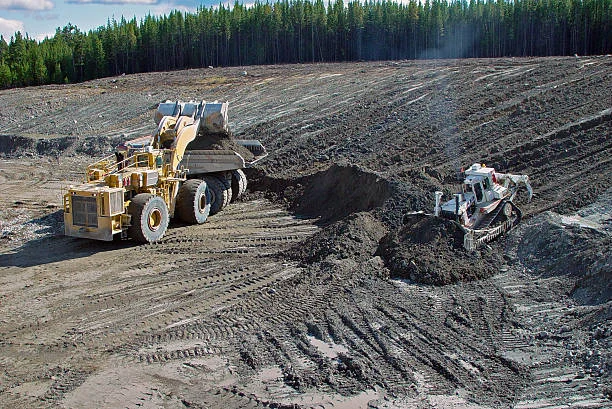
Conclusion
Nigeria’s fast urbanization and population increase have made land reclamation more crucial than ever. The land is becoming more and more necessary as more people relocate to urban areas in order to establish homes, companies, and infrastructure. There is a need to fill in empty spots in order to improve them for greater usage because there isn’t any space, or should I say land.

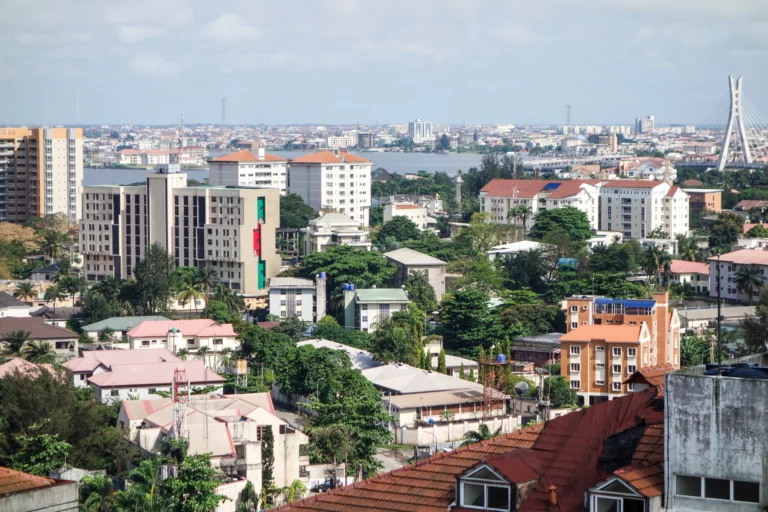
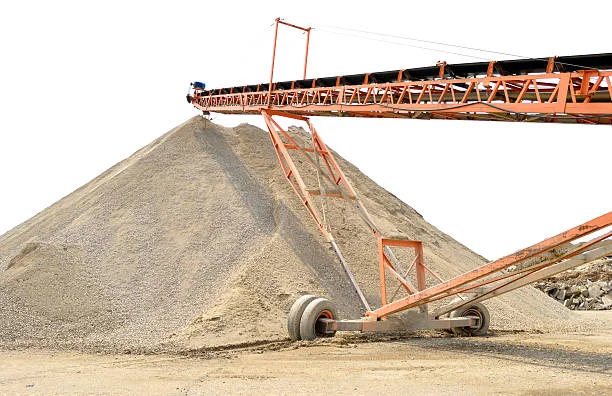
![10 Cheapest Areas To Live In Lagos ([year]) Cheapest Areas to live in Lagos](https://eucarlrealty.com/wp-content/uploads/2023/07/istockphoto-1372722268-612x612-1.webp)